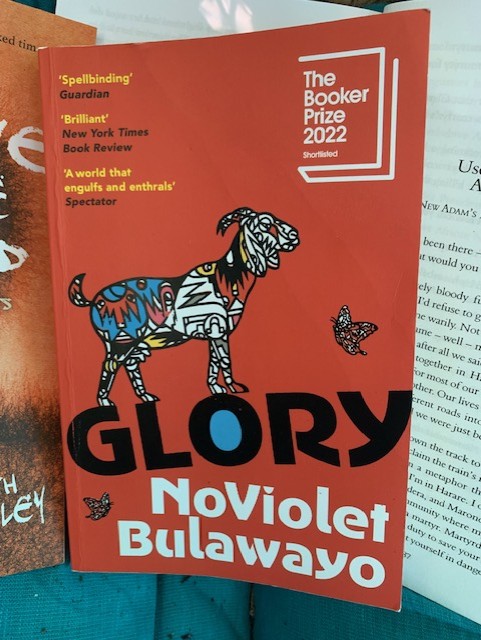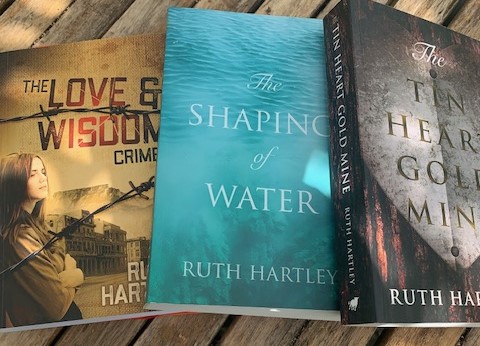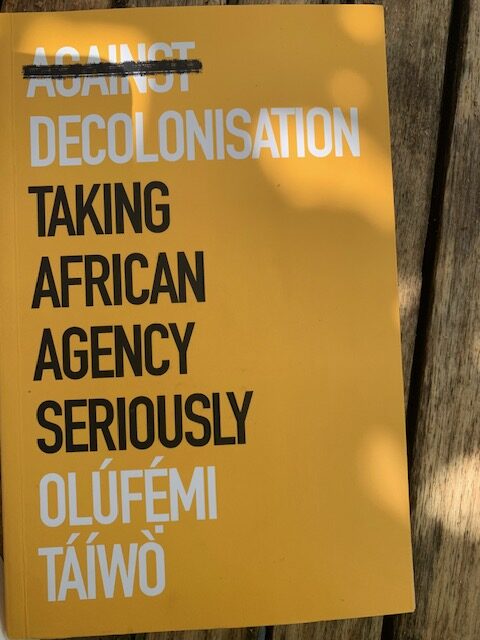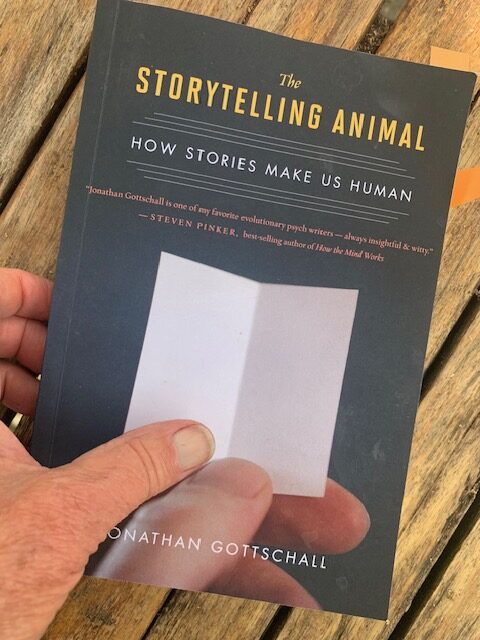I have been working towards a doctorate about storytelling and this blog is part of my thesis.
Storytellers and artists both entertain and to help us survive by making sense of our lives and world. All stories follow similar patterns of a quest, a passion, and a mistake, followed by a resolution or acceptance of fate, as JD Salinger explained. Poetry and singing arise from the rhythm of heartbeats, breathing and the metre of footsteps. They are part of our physical nature and prove we are alive. We do not know who we are or why we exist in time; all we know for certain is that in the future, we are dead. Our quests are attempts to discover why we exist, and storytellers, singers, and poets are our voiced desires for meaning.

Borderlines
Humans live on borderlines that keep changing, and this state of flux is illustrated by the study of literature and art as the weapons and tools that shape our present perceptions. Storytellers may be seers, foretellers, or myth makers, needed because factual self-knowledge is difficult to attain, and reality can seem unbearable. The importance of storytellers is that they make the present endurable even when recounting the unendurable. Storytellers and artists turn present pain into present art.

The four books that are the basis of my doctorate were written during or soon after the events they describe happened. They are grounded in the confusing interactions of our human experimentation with patriarchal, colonial and post-colonial human systems. Historians, academics and critics come after the events to analyse, categorise, label and judge what happened in the past. That may create new myths based on perhaps on patriarchal power. NoViolet Bulawayo says of her book, ‘We Need New Names’ (2013), that it is not enough to switch power from men to women or colonial to post-colonial systems; we need new ways of living and being human.
Understanding political change

I believe that storytellers play a more significant role in helping us to understand political change, such as colonialism and post-colonialism, than we will learn by studying the plans and promises of the politicians of the same era with the analysis of past events by historians who were their contemporaries. It may also be true when we look at the analysis of the events resulting from the actions of those politicians by the historians who postdated them. Of course, all these things become muddled together and work both against and with each other. Conspiracy theories, myths and propaganda are all “stories” used for subversive political motives to fulfil wishes and cause political disruption.
Imagination
Human reason is creative, imaginative, and playful regarding time and place. Humans may claim rationality in their search for factual knowledge, but facts and fiction, reality and myth, truth and invention, together with human nature, have a shifting relationship that art, poetry, and stories constantly reorder to make human society function. As Camille Paglia says, “Incarnation, the limitation of mind by matter, is an outrage to imagination.”Humans refuse the limitations and do not act on known facts alone but on the stories and myths they invent as well as those that are invented for them by storytellers. We need and use stories to help us to survive.
Keeping us from evil

Stories, however, told, as books, films, art, theatre, music or installations not only pleasure us, but exorcise evil and act as intercessors in uncertain futures. Jonathan Gottshall says, humans are storytelling animals and author Philip Meyer says in his book ‘American Rust’, that “Art has eclipsed the Real”. We need stories and storytellers.
3 Comments on “Storytelling on the Borderlines of Colonial and Post-Colonial Literature”
Profound and fascinating.. Story telling is something much beloved by human beings.
Lorraine – i am sure that you have so may stories to tell about your life that would be fascinating and you do have profound ideas! Why don’t you write some stories – or poems?
I don’t seem to have the creative urge, Ruth!
Lorraine x